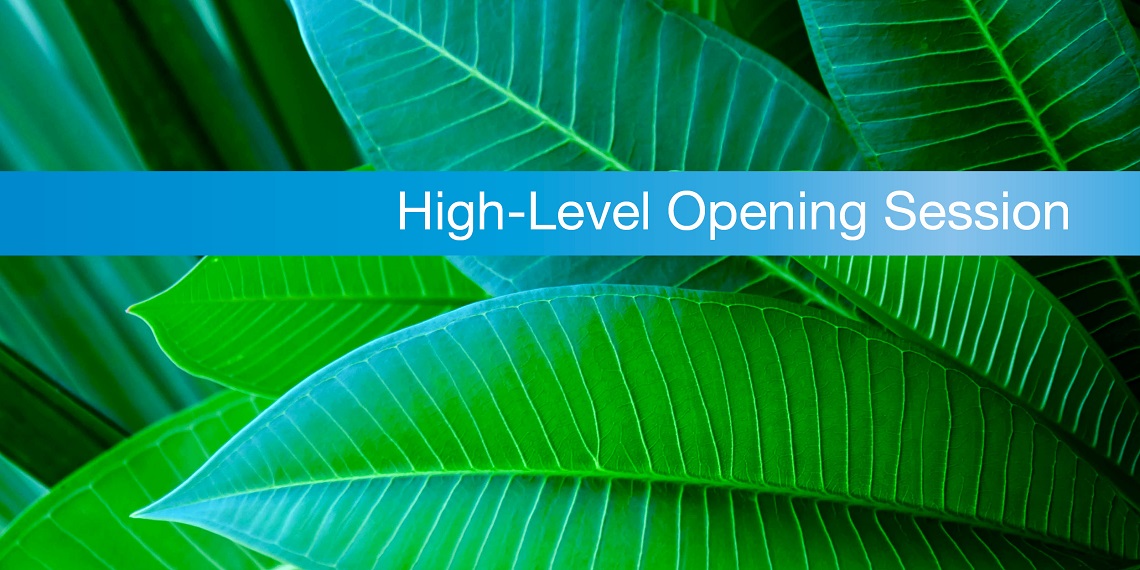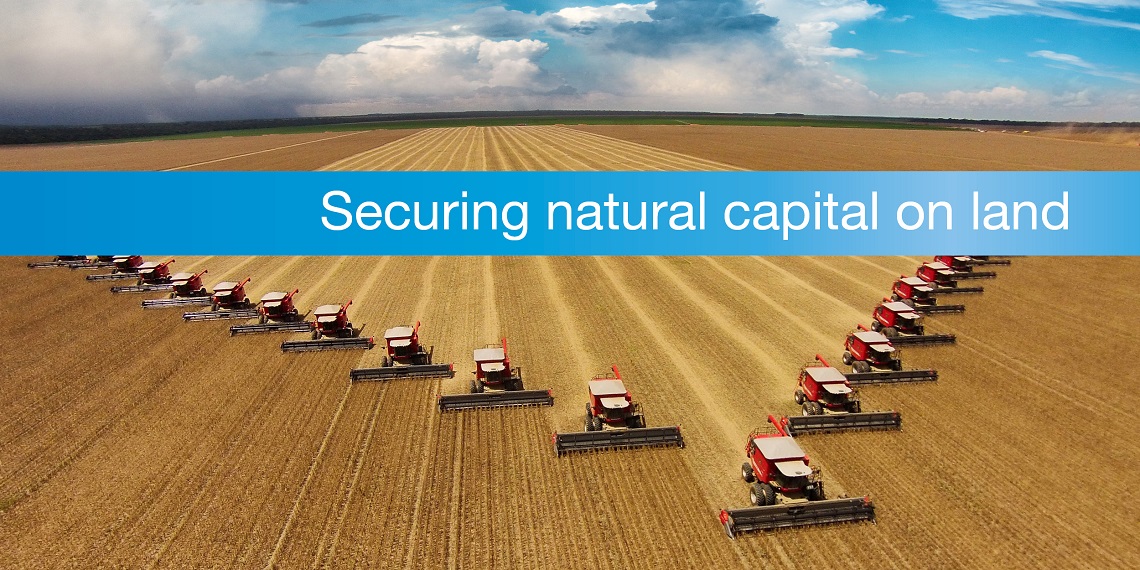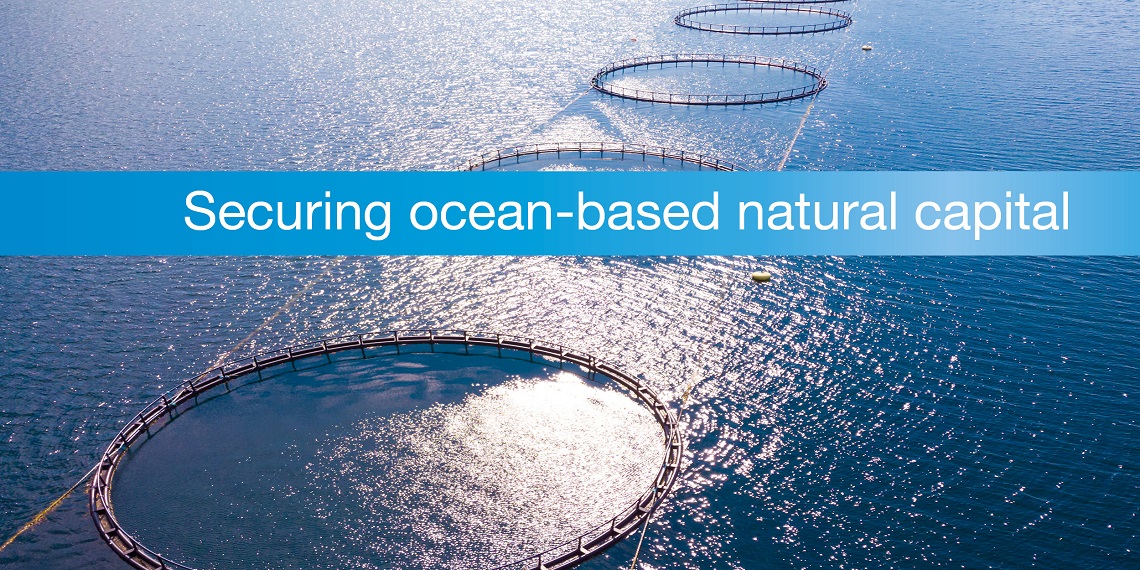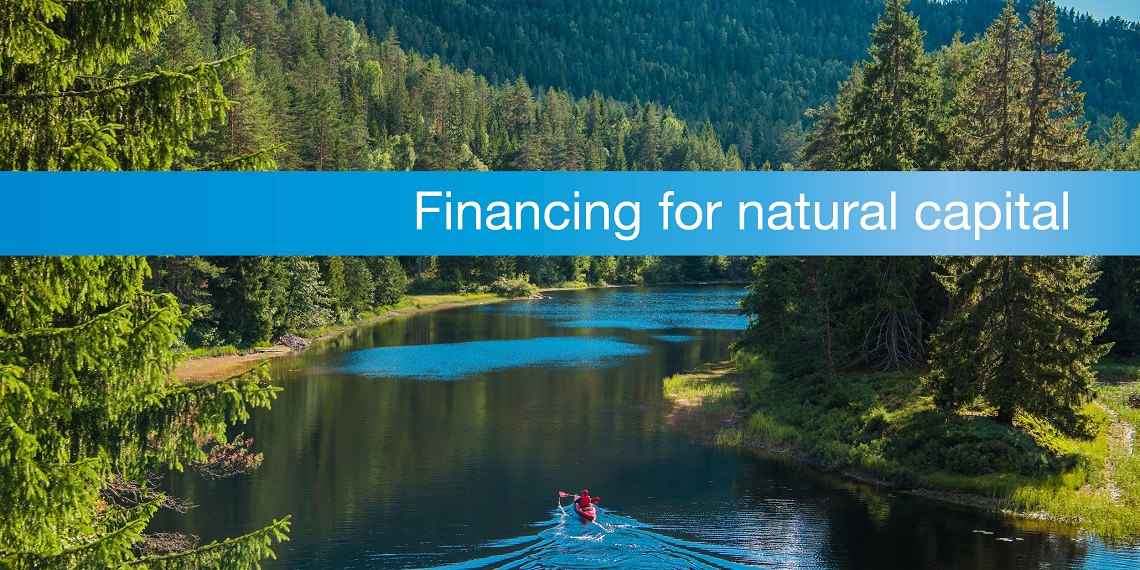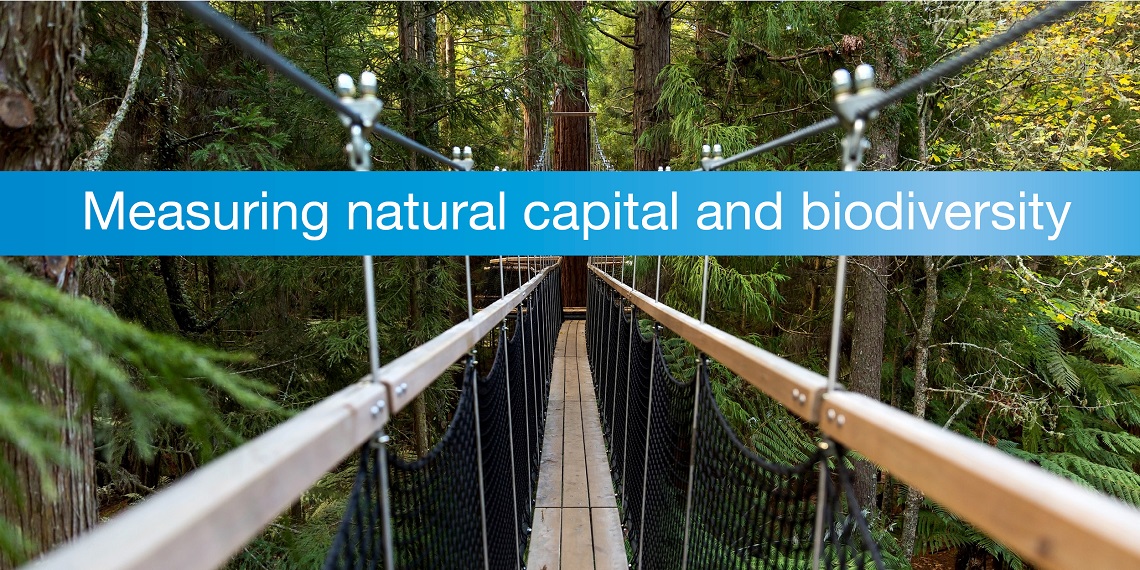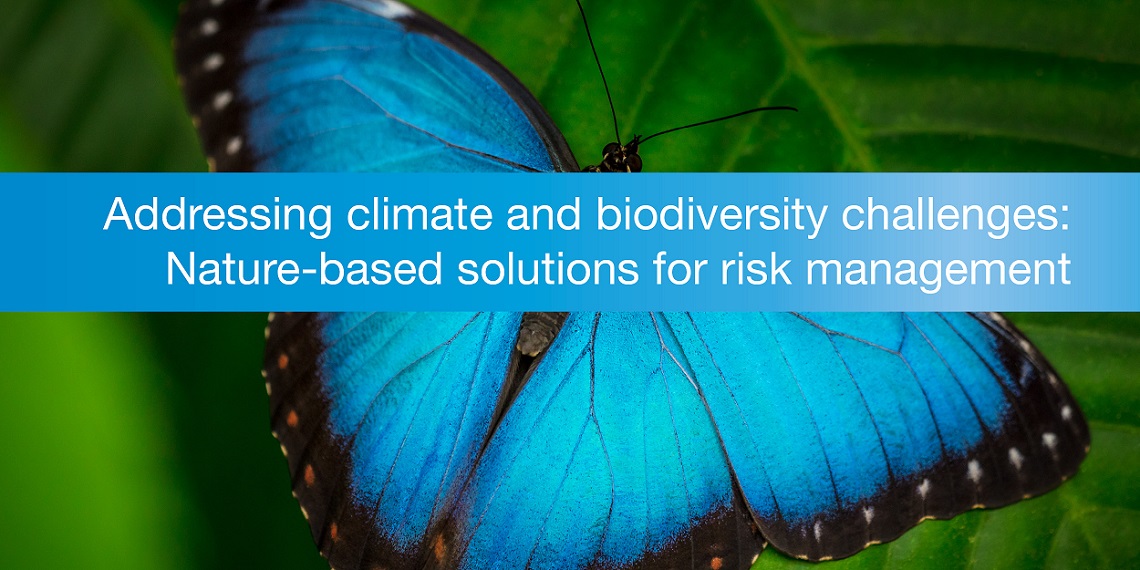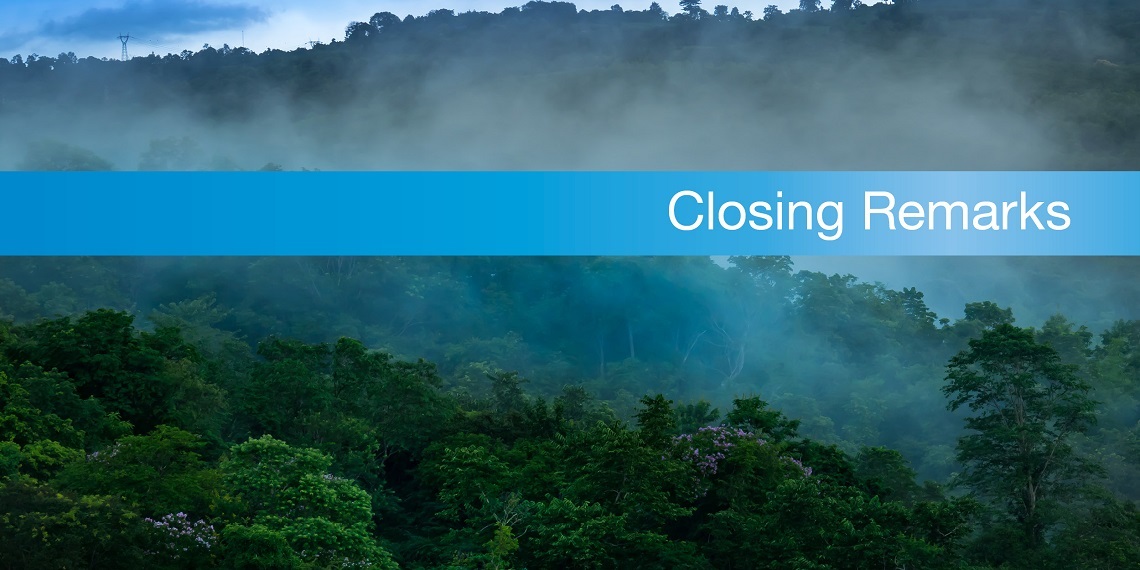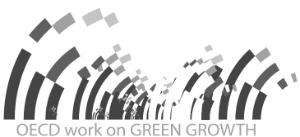 24-26 November
24-26 November
 14:00 - 16:30 CET
14:00 - 16:30 CET
 Remote participation
Remote participation
 Interpretation EN/FR
Interpretation EN/FR
Why a Forum on natural resources and COVID-19?
The COVID-19 pandemic has highlighted the vulnerabilities of our socioeconomic systems globally and exposed the risks that natural capital degradation imposes on human health, our economy, and society. Yet, natural capital, in particular the biodiversity and ecosystem services upon which we depend, is rapidly deteriorating. How to build resilience and sustainability in the recovery phase of this pandemic is becoming an overwhelmingly important topic for policy makers.
In this context, under the overarching theme of “Securing natural capital: Resilience, risk management and COVID-19”, the Forum this year addressed the risks posed by unmitigated biodiversity loss and natural capital depletion for the resilience and sustainability of our economies and societies, and discussed how the COVID-19 pandemic is re-shaping the policy responses to cope with these issues.
Context
The deterioration of natural capital threatens the productivity of several economic sectors, ranging from agriculture and fisheries to tourism and industry. At the same time, the drivers of biodiversity loss, such as deforestation, land-use change, over-exploitation of natural resources, wildlife trade, and climate change are helping to create the conditions for pathogens to leap from animals to humans. The recent spread of new diseases from livestock and the homogeneity of farmed species underline the importance of enhancing resilience and security of our food system.
Overview
The Forum sessions focused on the best practices, opportunities and challenges for enhancing the environmental sustainability of the sectors and workers who directly depend on the natural capital on land and from oceans. Furthermore, we discussed how biodiversity and natural capital can help to increase the resilience of our societies to the impact of climate change. We also focused on the existing data gaps, since “you can cannot manage what you cannot measure”, and on how to mobilise finance to achieve the SDG targets on biodiversity.
The Forum’s Agenda was developed in consultation with the Environment Policy Committee (EPOC)’s Working Party on Biodiversity, Water and Ecosystems (WPBWE); EPOC’s Joint Working Party on Agriculture and Environment (JWPAE); Committee on Agriculture; Committee on Fisheries (COFI); Investment Committee’s Working Party on Responsible Business Conduct (WPRBC); Chemicals Committee; Committee on Tourism; and Development Assistance Committee’s Environment and Development Network (DAC/ENVIRONET). Also being consulted are the “Core Committees” of the OECD’s work on green growth: the Economic Policy Committee’s Working Party 1 (EPC/WP1); Committee on Science and Technology Policy (CSTP) which oversees the Oceans Economy Programme; Committee on Industry, Innovation and Entrepreneurship (CIIE); the Environment Policy Committee (EPOC); Committee on Statistic and Statistical Policy (CSSP); and the Green Growth Knowledge Partnership (GGKP)’s Expert Working Group on Natural Capital.


